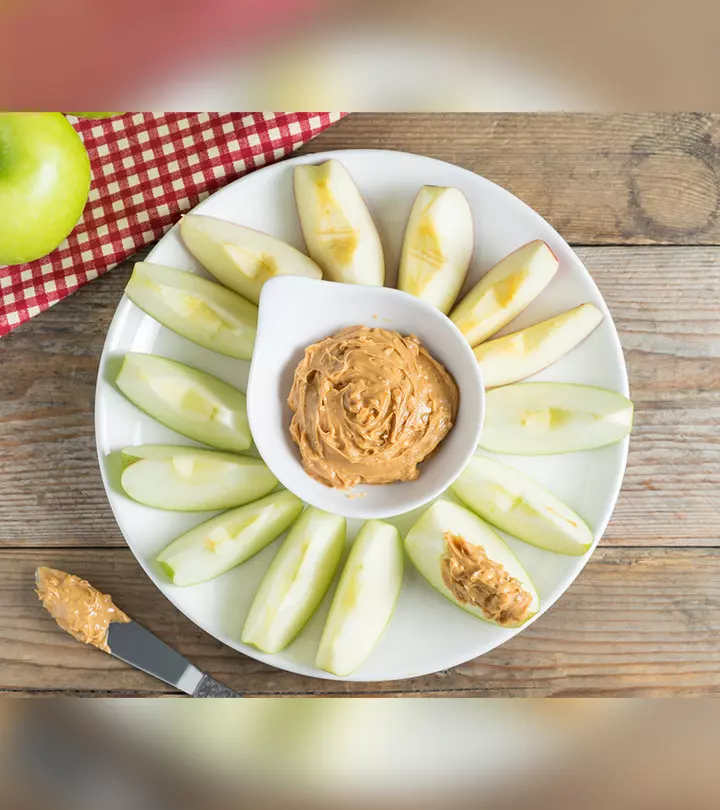

Image: Shutterstock
For a new parent, life turns, not just upside down but spins around in erratic zigzag. With a bundle of joy to devote their entire attention and time to, it seems as if the baby suddenly becomes the center of the universe for them.

With that being the epicenter of their lives now, a parent is demanded attention on everything that concerns the baby, quite literally, even his poop. Now, why you should be considerate about your baby’s poop, has its own real reasons in the world.
What is the significance of baby poop?
While you may start hating the idea, here’s why pooping is very important for the baby and his health. Now, all along the growth years of your baby, you will see various variations in the pooping patterns.
The reason why you should be looking out for these variations is simple. The poop can help you identify healthy growth and development patterns in the baby. Also, there might be factors that can directly indicate that it is time for a trip to the doctor or that your baby is suffering from some ailment.
However, what you need to know is that your baby’s poop differs based on what he is fed. That is, the poop differs on a diet of breast milk and formula. Interesting? Read on!
Breastfeeding and formula: The poop difference!
Let us see what is normal when the baby feeds on breast milk alone. Babies on breast milk are most likely to excrete a mustard yellow, greenish or brownish color poop. This poop is likely to be seedy and pasty in texture and sometimes, it can also have a runny texture. Although the runny texture is normal, it may point towards diarrhea.
Babies on a healthy breast fed diet will pass out a stool with a sweet smell, and it will be unlike the regular bowel movement odor that occurs in other babies.
Healthy babies, fed on formula, typically pass poop in shades of yellow and brown. This is also pasty. Unlike breastfed babies, formula-fed babies are likely to pass out poop fewer times. The quantity is more, and odor is high, almost similar to stools passed during regular bowel movements of adults. It is also quite possible that some chunk of food goes undigested in your baby’s system or passes out of the intestines too quickly to be properly digested. This food will simply pass out through a stool and appear as solid food particles. This can give a surprise color to your baby’s poop.
Baby poop has a direct significance to the baby’s health. It might sound gross, but new parents need to pay attention to the poop as it can show signs of a negative health impact.
So the next time your baby poops, make sure that you watch out its color and texture to make sure that your baby is healthy.
Community Experiences
Join the conversation and become a part of our nurturing community! Share your stories, experiences, and insights to connect with fellow parents.












